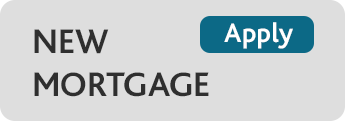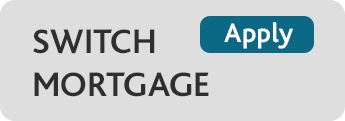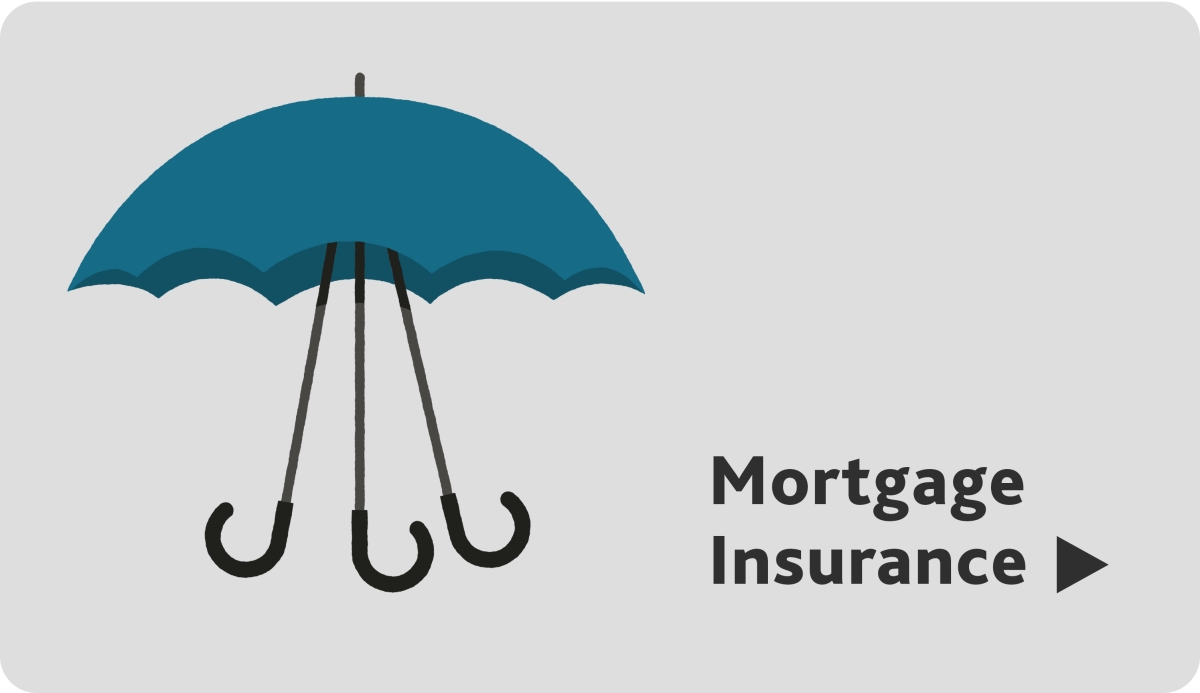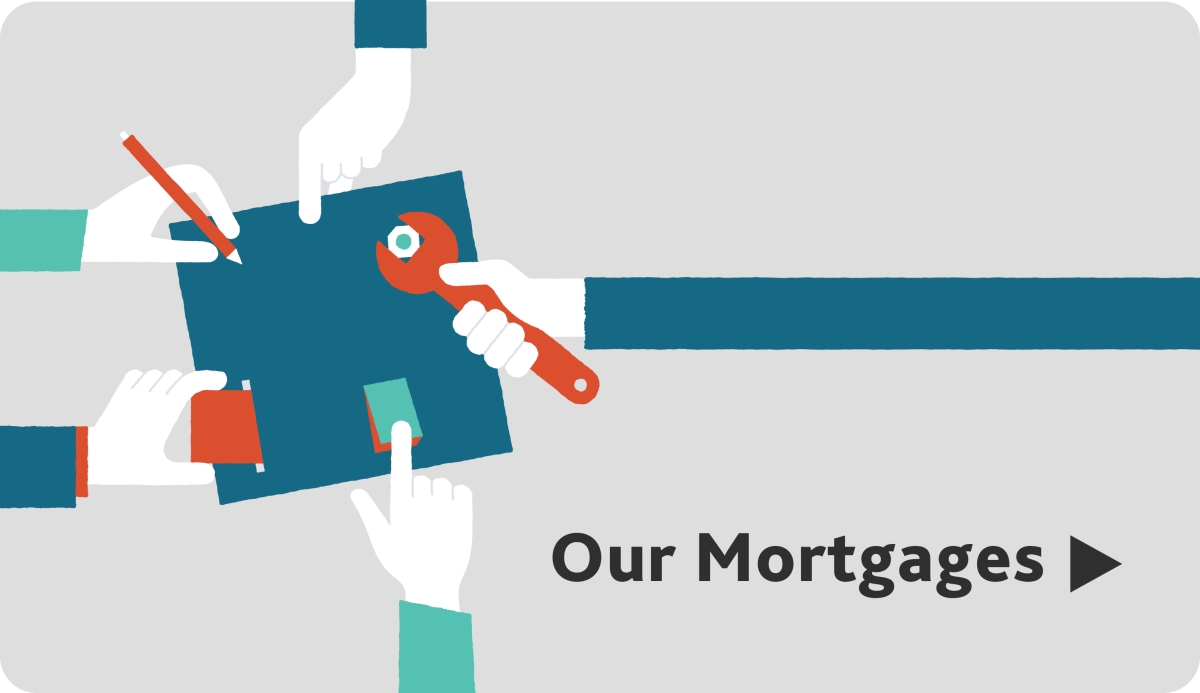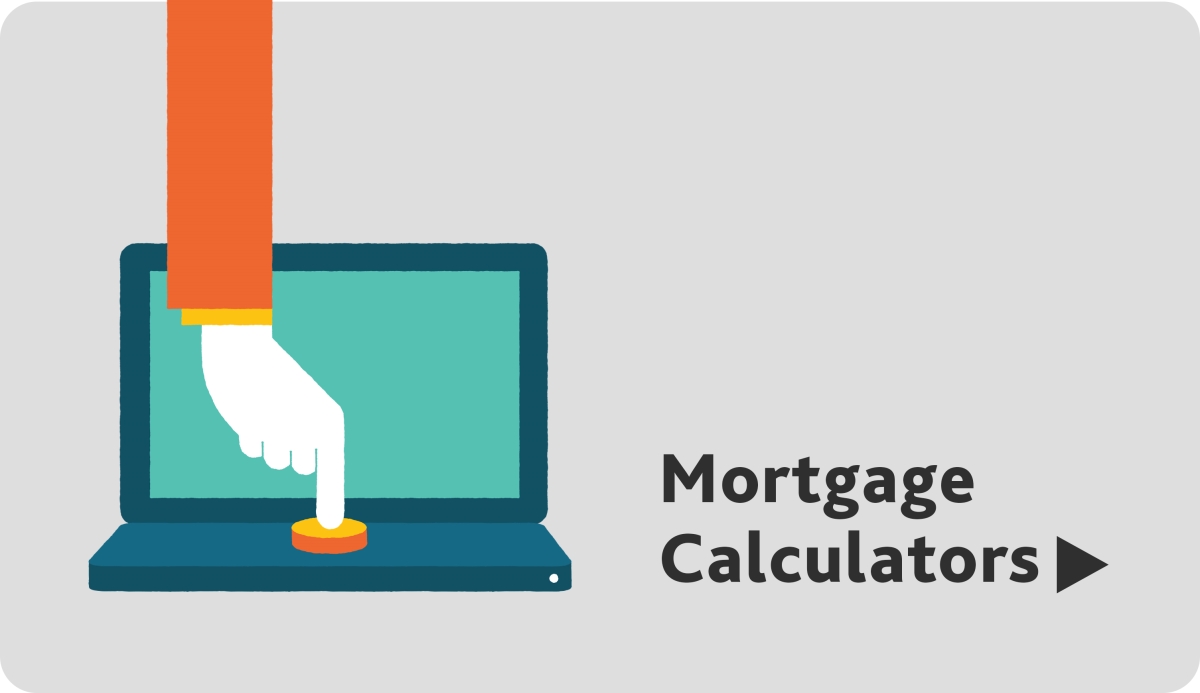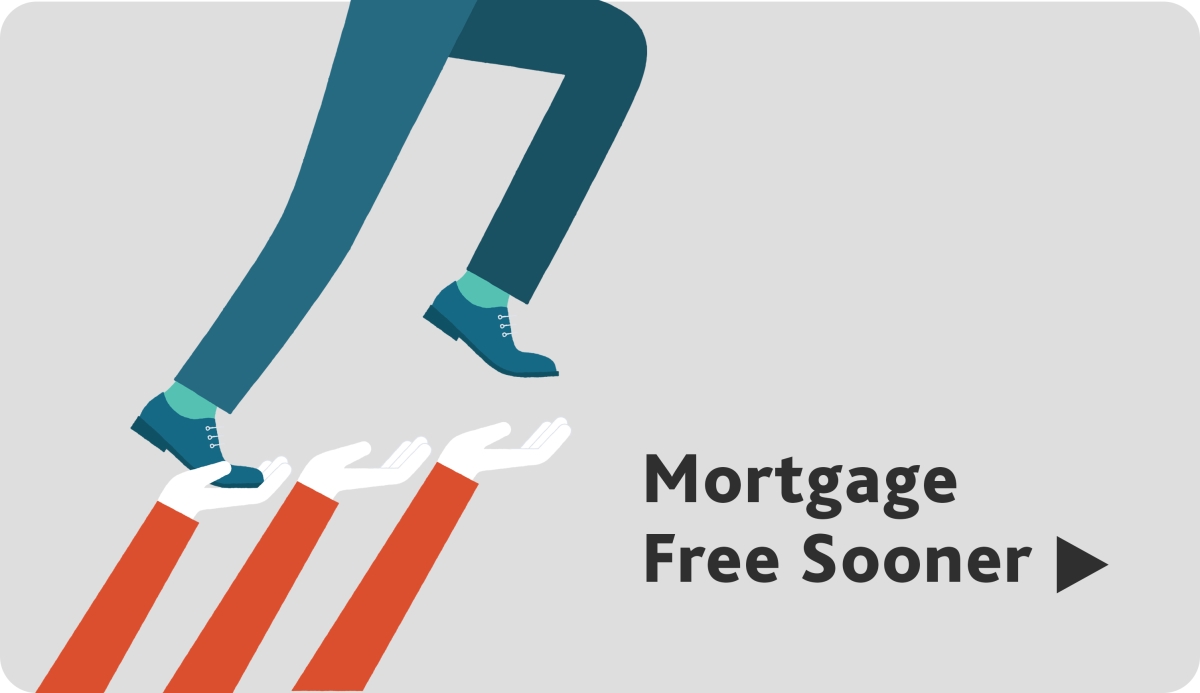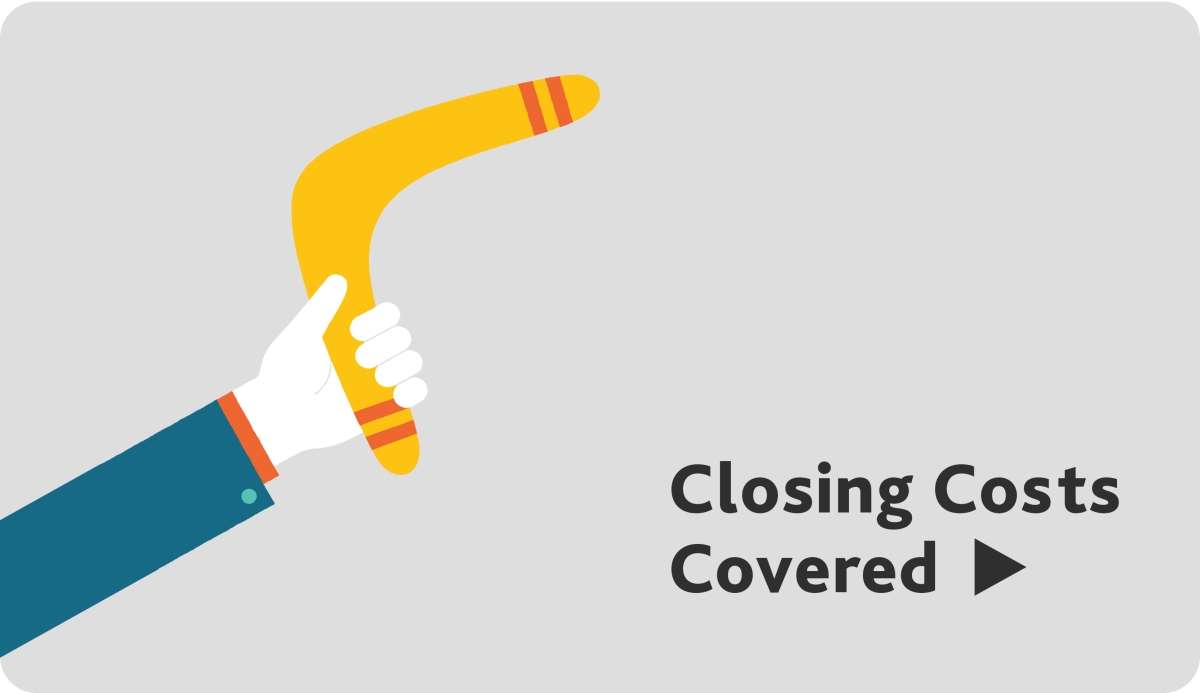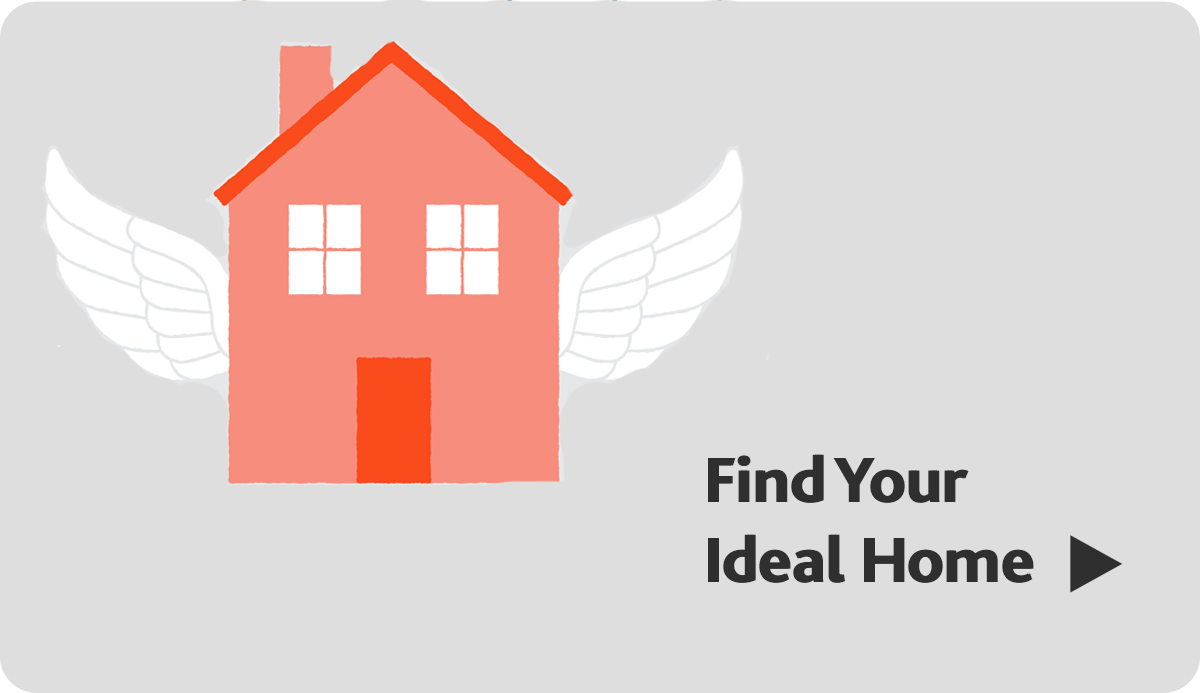Mortgage Basics
Let's get you mortgage-ready.
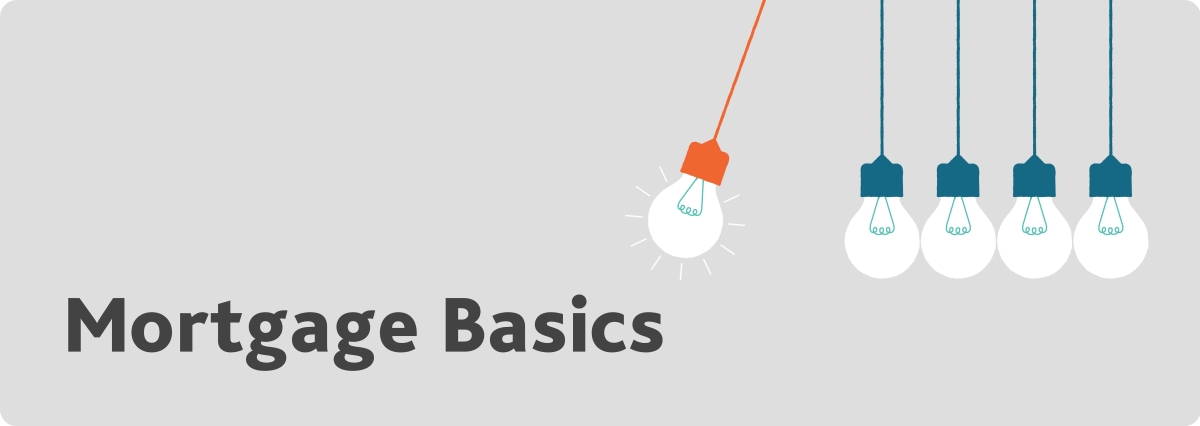
Q: What exactly is a mortgage?
A: A mortgage is a loan used to buy real estate. In your case, a home. Phrases you hear about a mortgage include Amortization and Term, Fixed or Variable Rates, Equity and Principal. More about these below.Q: Do I need a down payment?
A: Yes, you do. A down payment of over 20% of the home cost is called a conventional mortgage. A down payment of less than 20% is called a high-ratio mortgage and will require mortgage default insurance.Q: How do I save that kind of money?
A: If this is your first home, there’s the federal government’s Home Buyer’s Plan. It lets you withdraw up to $25,000 from your RRSP without a penalty - ask us for details. We also have great rates and products to make the most of your savings before your buy.Q: How much will it cost every month?
A: That will depend. But as a general rule of thumb, you should budget no more than 35% of your monthly income toward paying for your home. That’s everything including your mortgage payment.Q: What’s the difference between amortization and term?
A: Amortization is the number of years it takes to pay down a mortgage to zero. A typical amortization period is 25 years. Term is the length of time your mortgage agreement is in effect. A mortgage with a five year term will need to be renegotiated or paid in full after five years.Q: What’s better, a fixed rate or a variable?
A: There’s no set answer. It depends on your situation. A fixed rate stays the same for the term. A variable rate changes with the prime interest rate. Some people like the stability of budgeting with a fixed rate. Variable rates can be lower than fixed rates, but they come with a bit of uncertainty.Q: Can you explain equity and principal?
A: Equity is what you own in the house. It’s the difference between what you owe and how much the house is worth. Principal is the amount of money you owe on the mortgage. Principal and interest make up your monthly payment.Q: How much money should I have for closing?
A: Here’s what you should be thinking about. You’ll need a lawyer. There’s land transfer taxes and home insurance to remember. If you have a high-ratio mortgage, you’ll have to pay mortgage default insurance. And don’t forget to put some money aside for a moving van and pizza. Visit CMHC.ca for some helpful calculators to determine closing costs.*Special promotional rate may be changed or withdrawn at any time without notice. Cannot be combined with any other offer or discount. Assuming no additional fees are charged, the Annual Percentage Rate (APR) is the same as the Interest rate. Rates calculated semi-annually not in advance. Maximum Amortization of 25 years. Maximum property value of $1,000,000. Funds must be advanced within 120 days of application. Applies to owner-occupied residential properties only. Some conditions apply.
**Special promotional rate may be changed or withdrawn at any time without notice. Cannot be combined with any other offer or discount. Assuming no additional fees are charged, the Annual Percentage Rate (APR) is the same as the Interest rate. Prime refers to the Friesland Prime Rate. Friesland Prime Rate is currently 3.45% as of January 19, 2018. Your interest rate will change whenever the Friesland Prime rate changes. Rates calculated monthly not in advance. Maximum Amortization of 25 years. Maximum property value of $1,000,000. Funds must be advanced within 120 days of application. Applies to owner-occupied residential properties only. Some conditions apply.
Rates available for online mortgages only.

